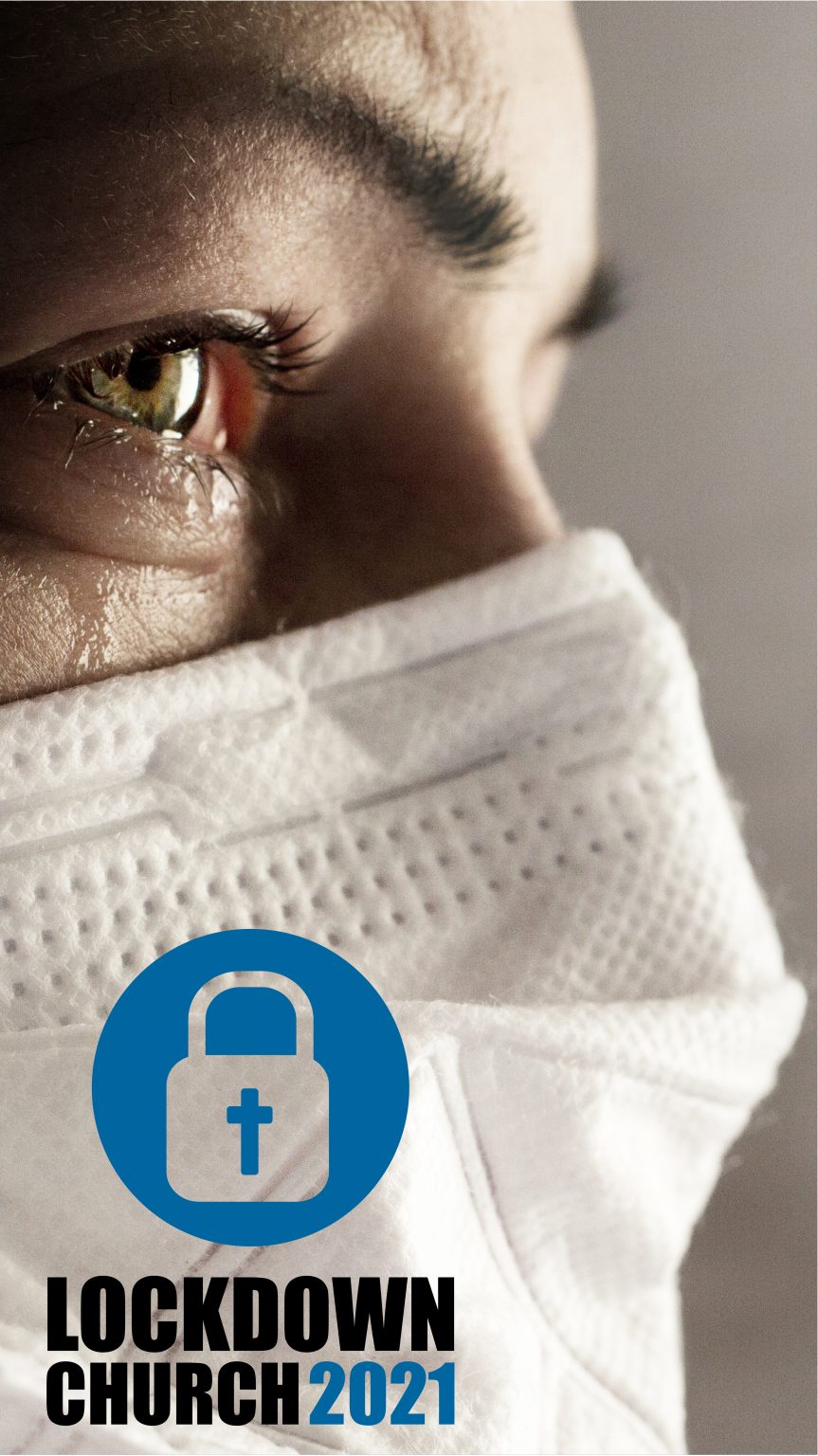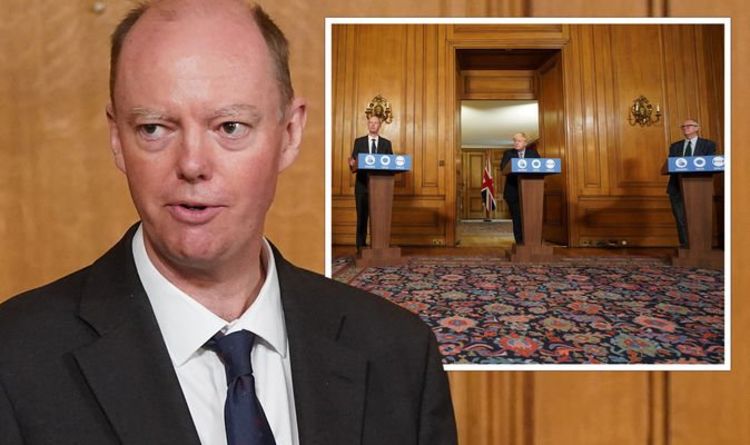
Emissions fell massively in 2020 but then quickly rose back near to pre-Covid levels, according to the latest government data.īetween 20, emissions rose by more than five per cent in Bristol, from 1.5 million tonnes to 1.6 million - although this was still less than in 2019 and preceding years. A new settlement will have to be found if the world is truly to move past the age of lockdowns.Greenhouse gas emissions in Bristol shot back up in 2021 after lockdown restrictions were lifted and due to particularly cold weather. Whether it is Omicron, Pi, Rho or Sigma, the rich world’s approach – taming the disease with vaccines at home but allowing it to spread abroad – has been shown to be highly unstable. More importantly, it has reminded the government that its pandemic defences of vaccination, treatment and testing may not be impregnable. So, while not yet broken, the rope restraining the government from imposing another lockdown has been frayed by the emergence of a new variant first identified in South Africa. The UK has some responsibility to provide vaccines to developing nations, but no one in the Conservative Party expects voters to blame them if this is not enough to prevent future mutations.

The difference here is that allowing the pandemic to continue to ravage poorer countries could render the rich world’s Covid-19 defences redundant. We have seen infectious diseases decline more slowly in the Global South before, in the cases of polio, tuberculosis and HIV/Aids. While wealthy nations have been able to disperse vaccines to their populations, in the rest of the world Covid-19 has raged more freely, which has allowed the disease to mutate. Just as the parliamentary party proved unwilling to allow the NHS to crumble last winter, the public is perhaps more likely to accept another lockdown if it is the result of a mutation, which is not entirely within the British government’s control. While the impact of Omicron on hospitalisation rates is not yet clear, its emergence reminds us of new variants’ propensity to disrupt the UK’s management of Covid-19. What ultimately broke their resistance was the rising number of hospitalisations and the possibility that the NHS would collapse. The Prime Minister and the cabinet were reluctant to sanction a lockdown last winter.

The emergence of the Omicron variant is a shock in part because it weakens every strand of the rope. Other Conservatives believe that, given how loudly the government has trumpeted its success in rolling out vaccines, ordering people to stay at home again would be a betrayal that voters won’t forget. Another minister comments that, in the event of a new lockdown, “20 per cent of the country won’t do it and 20 per cent of the country will bend the rules beyond all use”, while “the remaining 60 per cent will go into lockdown but they won’t forgive us”. They argue that, by the end of the last national lockdown, observance was visibly fraying, and measures such as the “rule of six” or allowing people to dine in restaurants but only with members of their household were being widely ignored.

Although the government’s own focus groups consistently show what one libertarian Tory gloomily described as “alarmingly high” levels of support for more draconian measures, many ministers simply don’t believe the polls. The third strand is public opinion, and what would happen to the Conservative Party’s prospects if Johnson shuttered the country again.

Science and Technical Research and Development.Infrastructure Management - Transport, Utilities.Information Services, Statistics, Records, Archives.Information and Communications Technology.HR, Training and Organisational Development.Health - Medical and Nursing Management.Facility / Grounds Management and Maintenance.


 0 kommentar(er)
0 kommentar(er)
